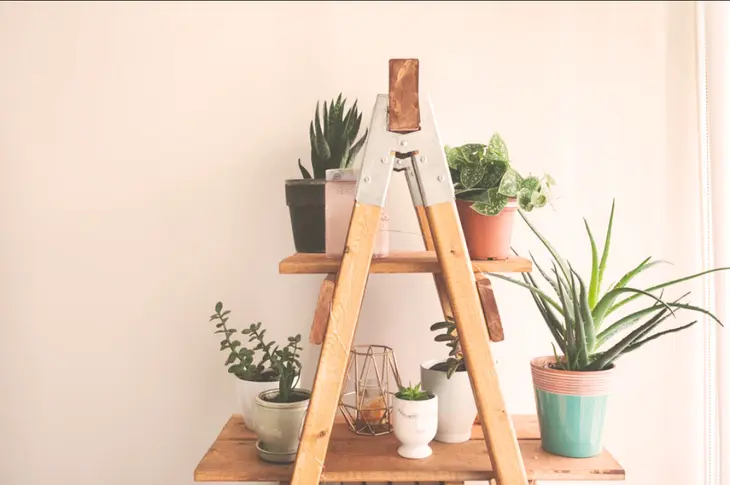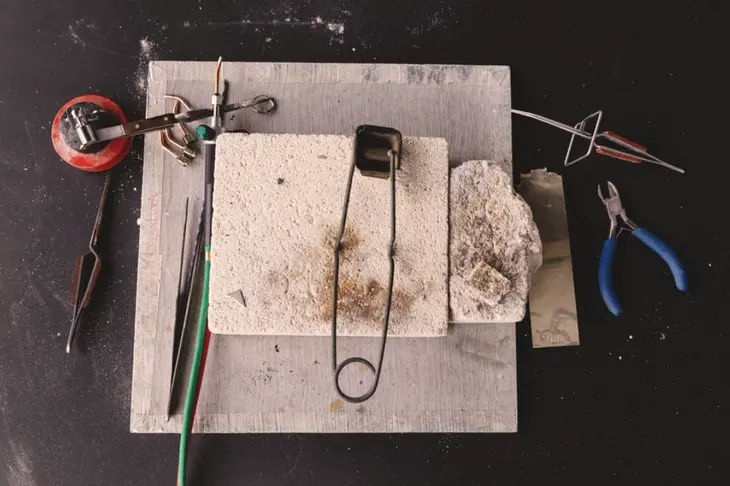
Sustainable Living: Crafting Eco-Friendly Wooden Utensils
- Admin
In today's world, where sustainability is becoming increasingly important, there's a growing interest in eco-friendly alternatives to everyday items. Wooden utensils offer a sustainable and stylish alternative to plastic or metal utensils, providing numerous benefits for both the environment and our health. In this article, we'll explore the art of crafting eco-friendly wooden utensils, from selecting the right wood to finishing techniques, and how incorporating them into your kitchen can contribute to a more sustainable lifestyle.
Embracing Sustainability: The Environmental Benefits of Wooden Utensils
Wooden utensils are made from a renewable resource, making them a more sustainable option compared to plastic or metal utensils, which are often derived from fossil fuels or mined metals. Additionally, wooden utensils are biodegradable, meaning they can be composted at the end of their life cycle, reducing their impact on landfills. By choosing wooden utensils, you're making a conscious choice to support sustainable practices and reduce your environmental footprint.
Choosing the Right Wood: Sustainable Options for Wooden Utensils
When crafting wooden utensils, it's essential to choose the right type of wood that is both sustainable and suitable for kitchen use. Hardwoods like maple, cherry, and beech are excellent choices for utensils due to their durability and resistance to moisture. These woods are often harvested from responsibly managed forests or sourced from reclaimed sources, further minimizing their environmental impact. Avoid using woods treated with chemicals or finishes that may leach harmful substances into food.
Crafting Wooden Utensils: Techniques and Tips for Success
Crafting wooden utensils requires basic woodworking skills and tools, making it accessible to DIY enthusiasts of all levels. Start by selecting a suitable piece of wood and roughing out the shape of your utensil using a saw or carving knife. Then, use hand tools like chisels, gouges, and rasps to refine the shape and smooth out the surface. Finish your utensil with food-safe oils or waxes to seal and protect the wood, ensuring its longevity and usability in the kitchen.
Incorporating Wooden Utensils into Your Kitchen Routine
Once you've crafted your own wooden utensils, incorporating them into your kitchen routine is easy and rewarding. Wooden utensils are gentle on cookware, preventing scratches and extending the life of your pots and pans. They're also heat-resistant, making them safe to use with hot foods and on non-stick surfaces. Plus, their natural beauty adds a touch of warmth and rustic charm to any kitchen, making them a stylish and functional addition to your culinary arsenal.
Conclusion: Embracing Eco-Friendly Living with Wooden Utensils
In conclusion, crafting eco-friendly wooden utensils is a simple yet impactful way to embrace sustainability in your everyday life. By choosing wooden utensils over plastic or metal alternatives, you're not only reducing your environmental footprint but also adding a touch of natural beauty to your kitchen. So why not pick up your tools and get crafting? With a little time and effort, you can create beautiful and sustainable utensils that will enhance your cooking experience and contribute to a healthier planet for future generations.
